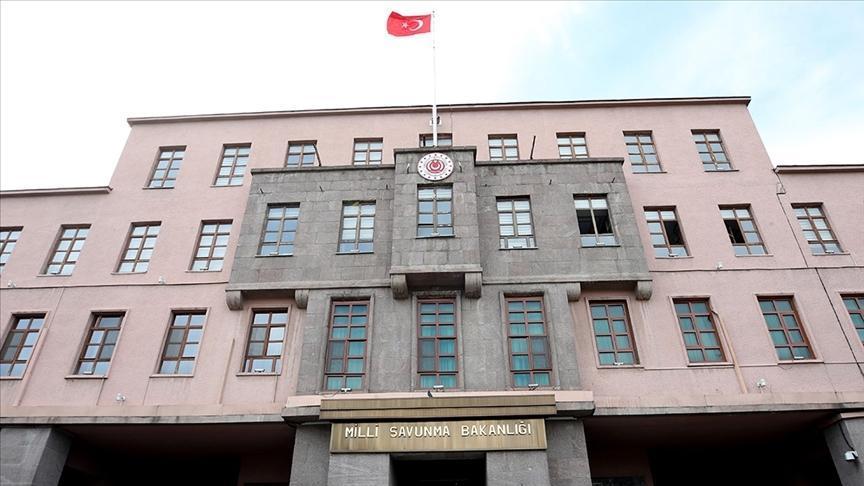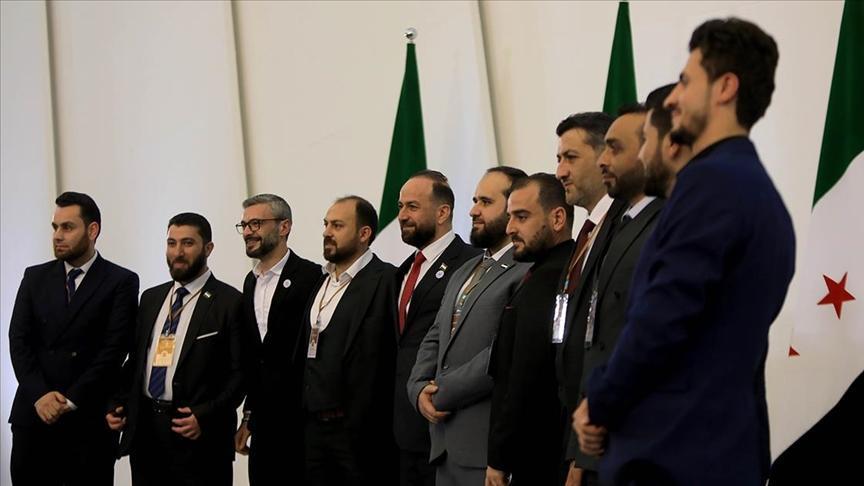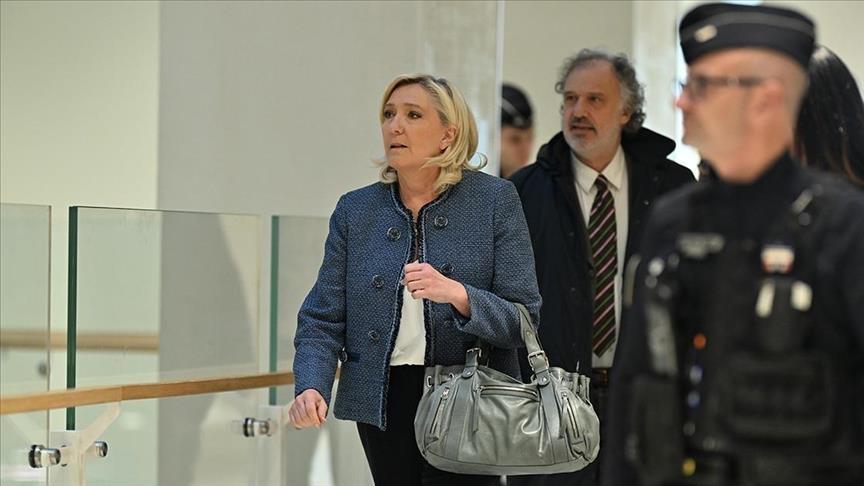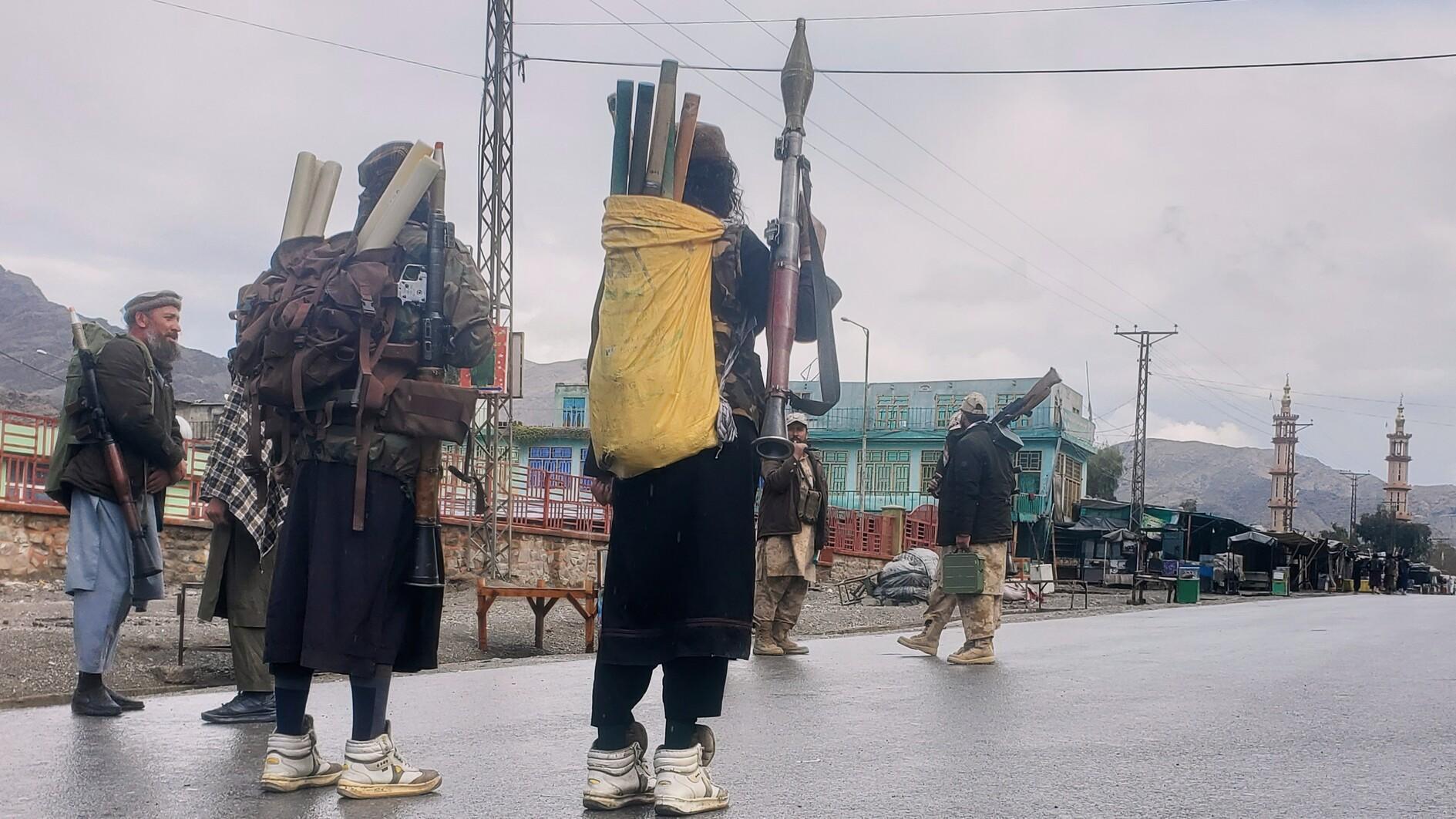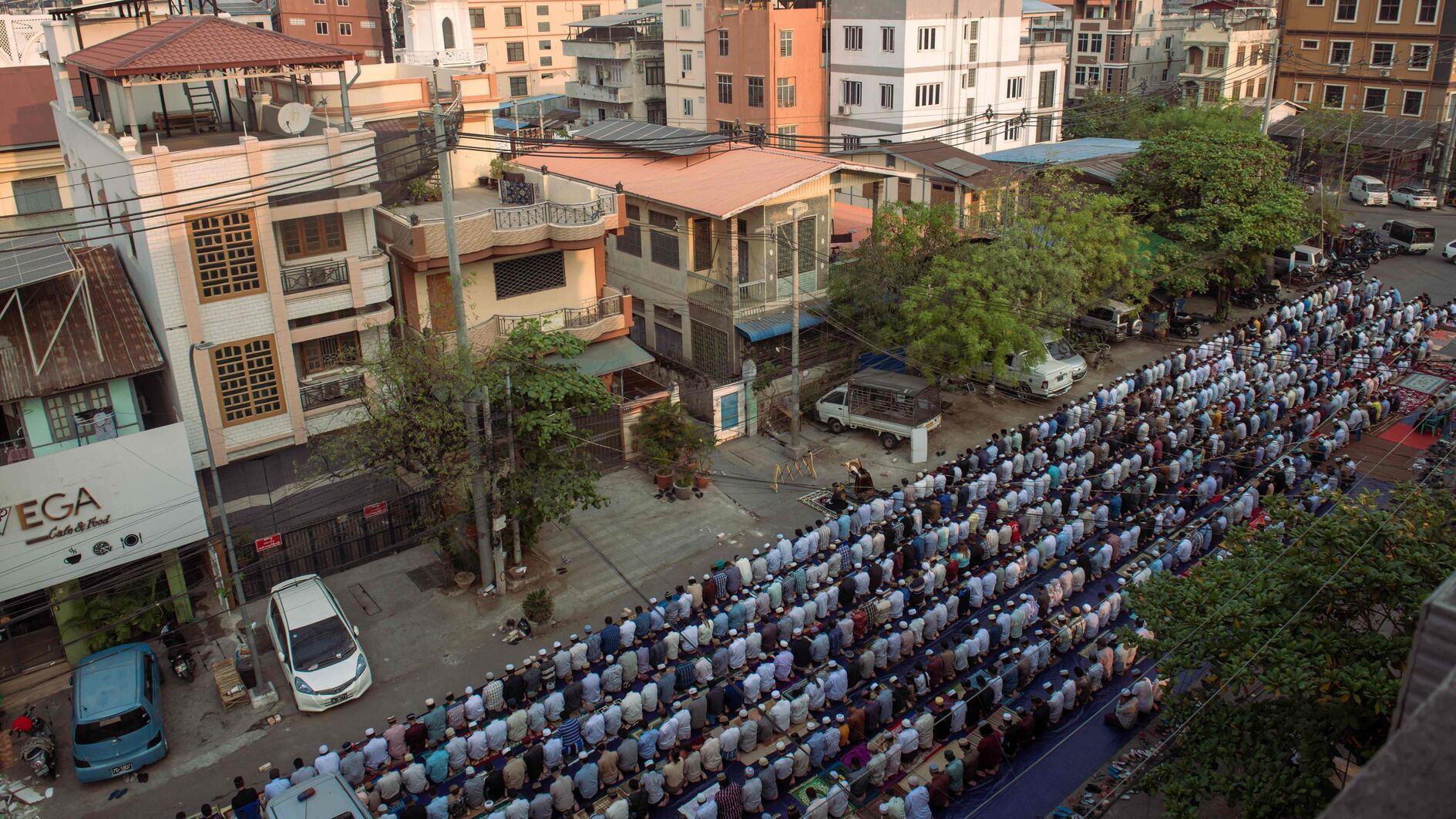Nations fail to break deadlock on UN climate report timing
HANGZHOU
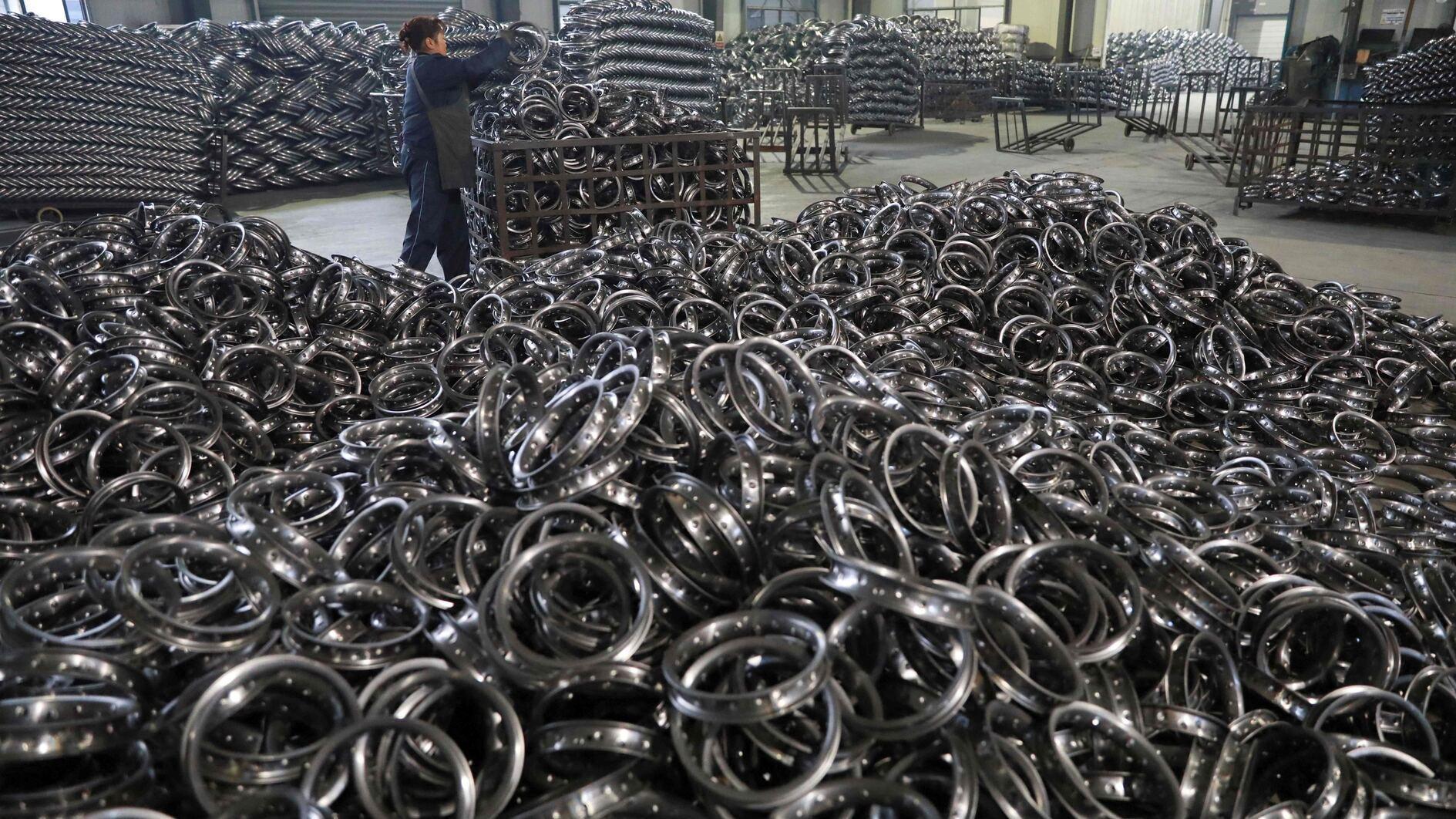
Nations failed to break a deadlock over the timing of the U.N.'s next blockbuster assessment of climate change science after a marathon meeting in China that U.S. envoys skipped.
At issue was whether the Intergovernmental Panel on Climate Change (IPCC), which informs policymakers, will deliver its next three-part assessment before a 2028 United Nations' "stocktake" of the global response to rising temperatures.
Many wealthy countries and developing nations exposed to climate impacts wanted an accelerated timetable, arguing the reports would allow countries to be guided by the most up-to-date science.
But they faced objections from some oil producers and major polluters with rising emissions, such as India and China.
The talks in Hangzhou ran over by more than a day, wrapping up late March 1 night with an agreement to allow work to proceed without a definitive deadline for delivery.
The outcome was a "bitter disappointment," said Zhe Yao, global policy advisor at Greenpeace East Asia.
The deadlock "only serves those who wish to hold back climate action, but climate vulnerable countries cannot wait," Yao said.
"It's a bitter disappointment every time when division leads to a decision being postponed or kicked down the road."
The meeting was overshadowed by a U.S. decision to stay away, as President Donald Trump unpicks his predecessor's climate actions.
Experts warned the U.S. absence from the world's leading scientific body on climate change would be hugely damaging.
"International scientific progress is key to prosperity, equity, and resilience, for the U.S. and all nations," said leading climate scientist Johan Rockstrom, of the Potsdam Institute for Climate Impact Research.
The meeting in Hangzhou came on the heels of the hottest year on record and rising alarm over the pace of warming.


